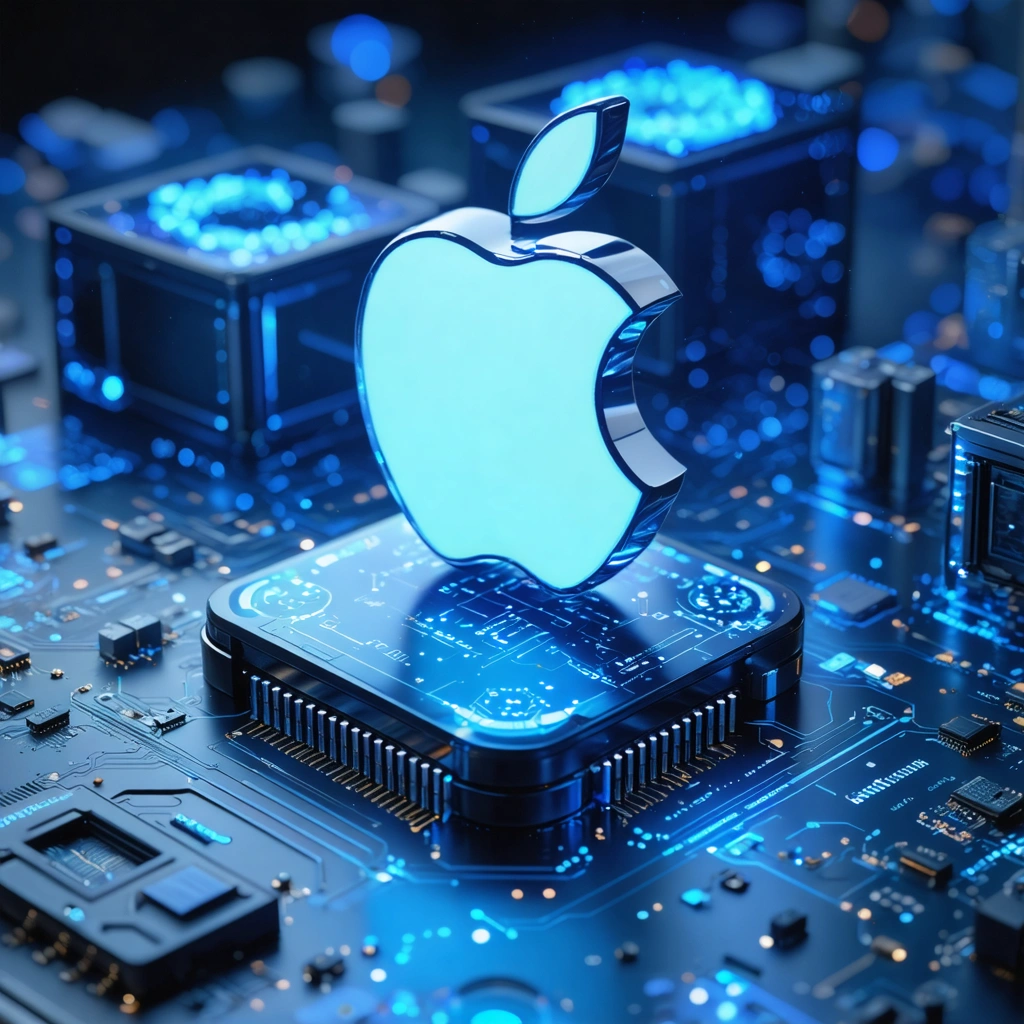
Introduction: A New Epoch for App Development
In an unprecedented announcement, Apple now requires developers to use Xcode 16 or later for creating and submitting applications. Developers around the world receive this news as an opportunity to embrace advanced tools and standards. Moreover, Apple’s fresh guidelines aim to ensure that every submission aligns with the latest SDKs. As a result, applications must compile against iOS 18, iPadOS 18, tvOS 18, visionOS 2, or watchOS 11. Consequently, this mandate represents not only a technical update but also a transformative pathway for creating innovative, secure, and efficient apps.
Technical Mandates and Developer Implications
Developers must comprehend the full magnitude of this rule. First, every app in the App Store Connect should compile using Xcode 16 or a more recent version starting from April 24, 2025. Second, developers must conform to the associated Software Development Kits (SDKs) that power Apple’s most recent operating systems. Therefore, developers experience both challenges and new opportunities. To illustrate, the updated selection includes:
- iOS 18 SDK
- iPadOS 18 SDK
- tvOS 18 SDK
- visionOS 2 SDK
- watchOS 11 SDK
Additionally, developers should adjust their workflows and ensure that legacy projects meet the new standards. By acting quickly and integrating the updated tools, teams seize the chance to refine their applications with enhanced performance and compatibility.
The Evolution of Xcode and Its Modern Features
Xcode stands as Apple’s integrated development environment and now enters a new era with its 16th version. Traditionally, each update brings faster compilation, improved debugging, and more robust features relevant to modern hardware. Therefore, Xcode 16 introduces a variety of refined components including:
- Enhanced interface design tools
- Adaptive simulators that mirror current devices
- Advanced code analysis features
Furthermore, new build systems and optimization techniques increase efficiency during development. Developers can thus streamline the debugging process and expedite time-to-market. Consequently, the reinforcement of Xcode as the core tool underscores Apple’s commitment to quality and security.
Understanding the Impact on the App Store Ecosystem
This announcement sends ripples throughout the global app developer community. Developers now prepare comprehensive audits of their existing code bases to guarantee full compatibility. Moreover, teams assemble to reassess their testing procedures, ensuring that every new app version complies with the requirements. The following table summarizes the key changes:
| Requirement | Deadline | SDKs Involved |
|---|---|---|
| Use Xcode 16 or later | April 24, 2025 | iOS 18, iPadOS 18, tvOS 18, visionOS 2, watchOS 11 |
| App Compatibility | Immediate post-deadline | Latest operating system versions |
Subsequently, the ecosystem witnesses a period of transition as developers embrace these changes and gain a forward-looking perspective on product evolution.
Encouraging Innovation and Enhanced App Security
Apple’s policy not only upgrades the development environment but also stimulates innovation. Developers respond quickly by integrating modern features into their apps. They focus on enhancing performance, boosting security, and expanding interactivity. Consequently, apps run more efficiently on cutting-edge hardware. In addition, the transparent guidelines spur developers to invest in research and development, thereby contributing to a safe and dynamic app ecosystem.
Developer Strategies for a Smooth Transition
During this transition, developers adopt proactive strategies to ensure seamless integration. Initially, project managers conduct thorough code evaluations. Subsequently, teams schedule training sessions on new features and best practices within Xcode 16. Additionally, developers regularly update build scripts and related documentation. The step-by-step approach includes:
- Assessing and auditing existing projects
- Integrating new SDKs as required
- Testing on real devices running the latest OS versions
Moreover, community support through forums and developer networks continues to play a significant role. Accordingly, frequent communication channels help teams stay informed and respond rapidly to technical obstacles.
Market Reactions and Developer Testimonials
The market responds to this policy change with mixed sentiments. Some developers view it as an engine of progress, while others assess potential adjustments. Nevertheless, nearly every developer acknowledges the updated development tools as beneficial. In multiple online communities, developers remark:
- “Xcode 16 brings much-needed improvements.”
- “This update paves the way toward secure and modern apps.”
- “The transition forces us to rethink our development pipeline.”
Furthermore, notable tech experts emphasize that this shift benefits the long-term health of the app ecosystem. As a whole, the community embraces the modernization of tools and practices.
Future Prospects and Ongoing Updates
Looking forward, Apple appears committed to initiating further improvements in its development ecosystem. Consequently, future updates may feature even more refined tools and expanded functionalities in Xcode. Developers anticipate that following these changes, mobile apps will gradually adopt innovative user experiences. Equally important, the revised guidelines forecast the standardization of app architecture and security protocols. Additionally, technological advancements encourage cross-platform integration, thereby blurring the lines between different devices and operating systems.
Conclusion: Embracing Change with Determination
In conclusion, Apple’s mandate exemplifies a pivotal moment in the world of app development. Developers adopt the new tools wholeheartedly and start planning for smoother transitions. Meanwhile, Apple consistently strengthens its commitment to innovation and security. The revised standards provide clarity, foster creativity, and drive a unified development culture. Ultimately, companies and independent developers stand equally to gain. Therefore, embracing these changes signifies long-term progress for the entire App Store ecosystem.






